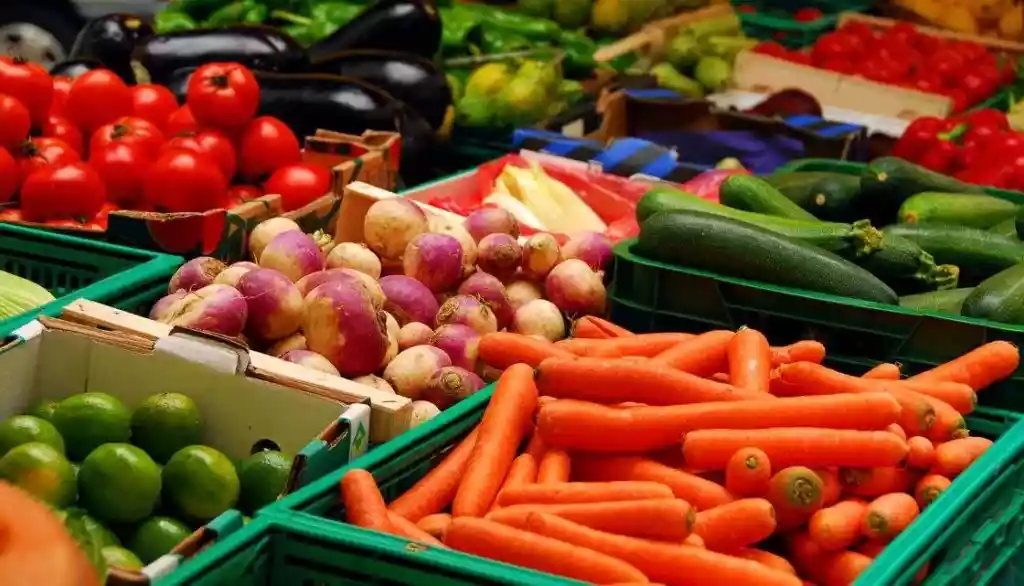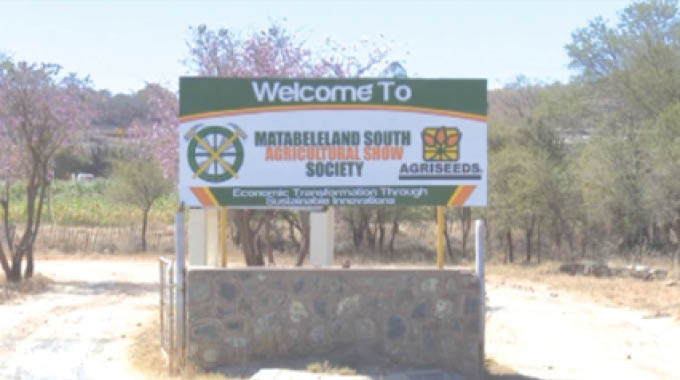
ECONOMIC analysts have urged the government to invest in local businesses to boost their production capacity and enable them to export and earn the country much needed foreign currency.
According to available statistics, Zimbabwe’s exports rose by 28,1% from US$5,34 billion recorded in 2021 to US$6,85 billion in 2022.
Economic analyst Prosper Chitambara said government has to invest more in the agricultural sector because it is a key source of raw materials for industries.
“The best way of intensifying our exports of goods is through production and improving production in industries. We also have to ensure that our agricultural sector is climate-proved,” Chitambara said.
“Agricultural products remain one of our biggest exports. We need to be investing in irrigation, enhancing our investment in irrigation capacity so that we don’t continue relying on rainfall.
“We have seen variability in rainfall over the past seasons and that has really affected agricultural production. We need to make sure that we climate proof our agricultural sector as a way of enhancing agricultural production.”
He added: “If agricultural production improves, that also affects other sectors of the economy in manufacturing as 40% of inputs in manufacturing comes directly from agriculture. That will have a positive effect on the manufacturing sector.
“The best way to intensify our exports is to enhance production across all sectors of our economy including agriculture which is a key sector of the economy.”
- Fiscal pressures could limit govt options
- ‘Present USD budget for 2023’
- Sanctions, corruption cripple Zim
- Middle-income economy by 2030 just pie in the sky
Keep Reading
Chitambara also indicated there is a need to “invest and enhance the productive capacity of our economic infrastructure”.
“There is a huge infrastructure deficit and even a financing gap. We need to put more resources in terms of our infrastructure in general. We are facing challenges in our energy infrastructure,” he said.
“We should leverage solar energy, wind energy and hydro. Government has been constructing dams so also needs to leverage in hydro electricity production in those dams.”
Economic consultant and analyst Vince Musewe said Zimbabwe should diversify its economy by venturing more into manufacturing and value addition.
“Currently 88% of Zimbabwe’s exports are primary products, gold, platinum and other minerals. We need to diversify that to high value exports. We don't get much return out of primary products,” Musewe said.
“We need to industrialise and diversify our export base as we cannot rely on tobacco as a major export earner or gold because prices fluctuate and it puts risks on the economy.
“About 50-60% of our exports should be manufactured products and services like tourism, health and education so that we can create high income jobs.”
On small-to-medium enterprises (SMEs), Musewe said: “We need to boost our SMEs as they can potentially replace imports that we are importing. We need to look at the list of goods that we are importing that we can replace locally and have a strategy around that, particularly using SMEs so that we can boost job creation and local incomes.”










